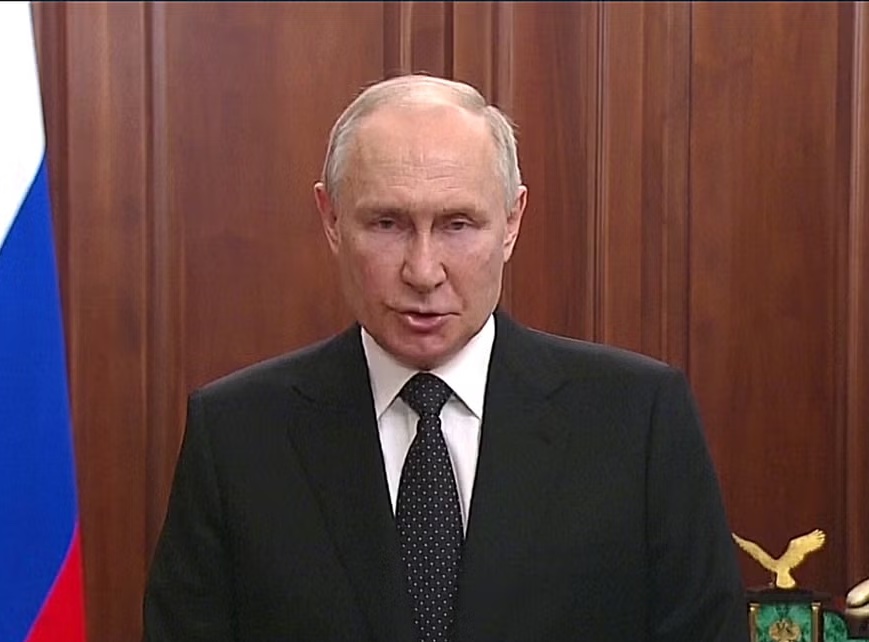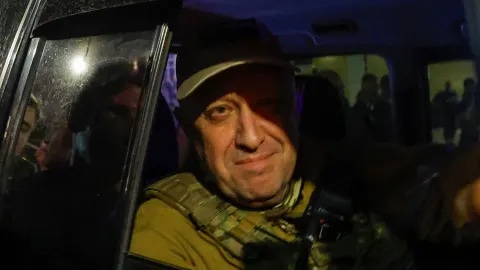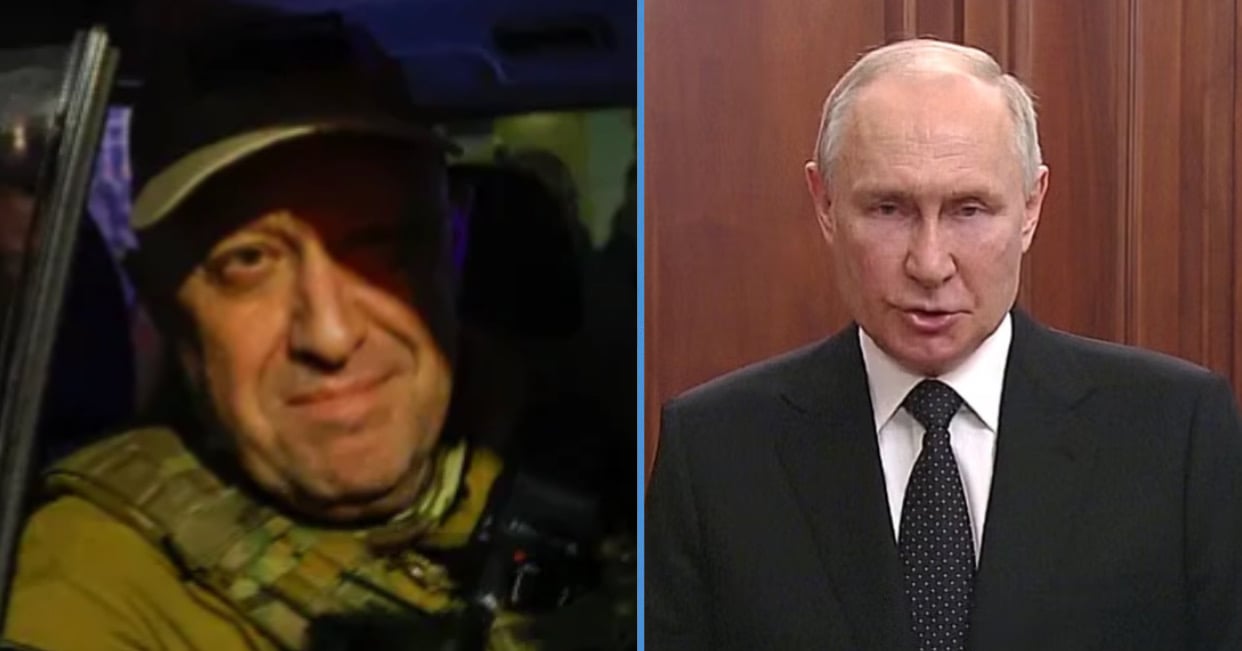We live in an age where you can fall asleep looking at news of the Titanic submarine implosion and wake up the next day to a Russian implosion.
Then, the morning after that, waking up to news of said Russian implosion fizzing out.
The Wagner Group Mutiny ended as fast as it started. Here’s what you should know about it.
How the Wagner Group Mutiny Started and Almost Caused a Russian Implosion
If you haven’t heard of the Wagner Group Mutiny, here’s a quick summary.
The paramilitary group Wagner, which fights for Russia in the Russia-Ukraine war, essentially rebelled against the Russian military leadership and took what Russian President Vladimir Putin calls the “path of treason”.
As Putin labels it, this “stab in the back of [Russia]” comes after some rather publicly-aired beef between Wagner chief Yevgeny Prigozhin and the Russian military leadership.
Yesterday (24 June), the Wagner group left their positions in Ukraine and took control of two Russian cities, Rostov and Voronezh. The group also threatened to march towards the Russian capital of Moscow.
In response, Putin vowed to punish the Wagner forces while Russian authorities scrambled to launch a counter-terrorist regime to protect Russian cities from the Wagner group.
This one not play play one hor. The authorities even opened a criminal case against Prigozhin.

You can find out more about how the Wagner Group Mutiny began here.
Wagner Group Mutiny Comes to an End as Wagner Chief Strikes Deal with Putin
Until yesterday, it didn’t seem like Prigozhin was about to back down. “No one is going to turn around at the request of the president, the FSB or anyone else,” Prigozhin said.
Regardless, just as quickly as the world received news of the Wagner Group Mutiny threatening a Russian civil war, news of the mutiny’s end was ushered in just as quickly, if not even quicker.
Pattern more than badminton sia…
The reason the Wagner Group Mutiny suddenly ended? Prigozhin struck a deal with Putin.
This deal was brokered by Belarusian President Alexander Lukashenko, who has been kakis with Prigozhin for nearly two decades.
According to the Kremlin spokesman Dmitry Peskov, it was Lukashenko’s personal proposal to broker the deal between the Prigozhin and Putin.
Brother rankings +10 for Lukashenko.
Under the deal, Prigozhin and the Wagner group will go to Belarus, although it is unclear what position the Wagner group will take in Belarus.
On the Russian leadership’s end, the criminal case against Prigozhin will be dropped. Contrary to what Putin vowed, fighters involved in the Wagner Group Mutiny will also not be “punished”.
What this means now is that it is most likely that the Russian implosion speculated by many is unlikely to happen now.
Well, that is unless we wake up to more unexpected news tomorrow morning. We’ll see.
But what about the beef between Prigozhin and the Russian military leadership? Specifically, Prigozhin’s beef with the Russian Defence Minister Sergei Shoigu?
If you didn’t know, the Wagner chief demanded the removal of Shoigu from his post. However, it is unclear whether this demand has been met.
According to Peskov, this issue is under the “exclusive prerogative of the commander in chief” and could not have surfaced during the Lukashenko-brokered deal.
Regardless, following the end of the Wagner Group Mutiny, the Wagner chief has already led his troops out of Russia.
A man of his word.

Perhaps the only good thing that came out of the Wagner Group Mutiny is that a non-working day was declared for Moscow residents on Monday as a security measure during the height of tensions.
Shiok.
